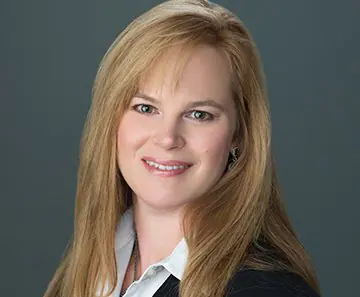Did you know that you are no longer the legal guardian of your 18-year-old son or daughter? Eighteen is the age of majority in Texas, meaning that at age 18, young adults are presumed competent to make decisions about health care, finances, and other important areas of life.
What does that mean for your child in his or her senior year or graduating from high school? For one thing, it means that you are not able to make health care decisions on behalf of your child, should they become “incompetent” or incapable of communication as a result of an illness or accident.
Also, your 18-year-old has exclusive authority to make financial decisions for himself or herself. If they own their own car, or are paying for their own college education, or have their own apartment, they have financial affairs from which you can be excluded from handling should your child need unexpected help. Banks, especially, are quite resistant to allowing any access to another adult’s financial information, even if you are just trying to keep your child’s loan from going into default.
Consider having your child execute a Medical Power of Attorney, which names you as his or her agent for medical decisions. While you cannot override your adult child’s own medical decision, you can legally step in if your child is unable to make any decision at all. Also consider asking your child to execute a Durable Power of Attorney which will allow you to handle his or her finances. A HIPAA Release executed by your child will ensure that you have direct communication with his or her doctors in the event of an emergency. Finally, if your child is the beneficiary of a trust, or if he or she owns any assets in their name, your child may actually need a Will.
Kendra Rey is an estate planning attorney at Hammerle Finley Law Firm who can help you obtain the documents that are right for your family. She can be reached at 972-436-9300.
(Sponsored Content)





















